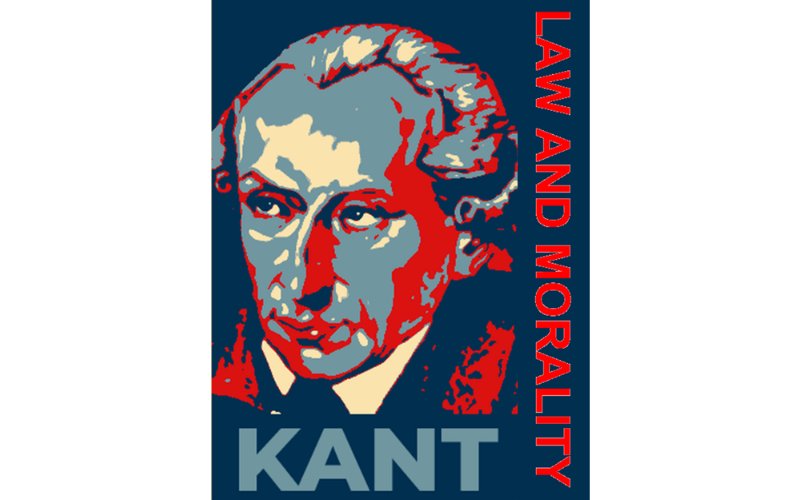
Law and Morality in Kant
What is the relationship between law and morality? Does legal philosophy merely apply general moral principles to particular circumstances that give rise to the need for law and its institutions? Or does law have its own kind of normativity, which cannot be reduced to morality?
In current scholarship, Kant is often cited as holding the latter view, according to which law is independent of morality, and some scholars see this asserted independence of his legal philosophy from his moral philosophy and its metaphysical premises as the key to building on Kant in developing contemporary accounts of law. But is such a separation of Kant's legal philosophy from the central tenets developed in the Groundwork and the Critique of Practical Reason feasible, both exegetically and philosophically? Is Kant's philosophy of law, as it is presented in the first part of the Metaphysics of Morals, the Doctrine of Right, an integral part of his overall moral philosophy or not?
The project “Law and Morality in Kant” will address these questions about the normative foundations of Kant's legal philosophy and its relation to Kant's overall moral philosophy by confronting the most important positions on the subject with each other in order to explore and critically reflect on the strength and potential of the various interpretative accounts. Following a conference at the University of Göttingen, a research volume will be published by Cambridge University Press. Contributions will address not only questions of interpretation, but also the systematic potential of Kant's thought for contemporary legal and political philosophy. In particular, the volume aims to bring together renowned experts who have already developed paradigmatic interpretations as well as young scholars who challenge these views and propose alternative accounts.
| Expected outcome: | workshop and edited volume |
|---|---|
| Project language: | English |











